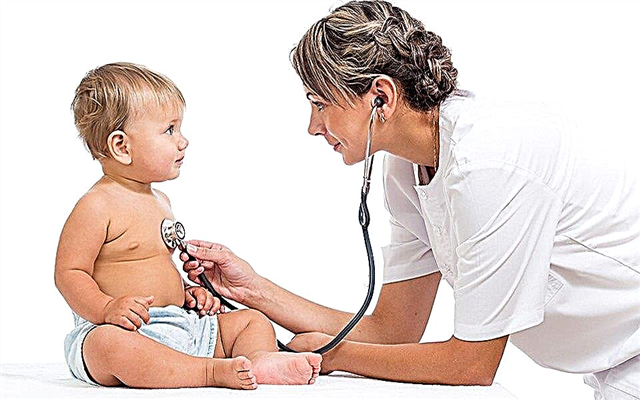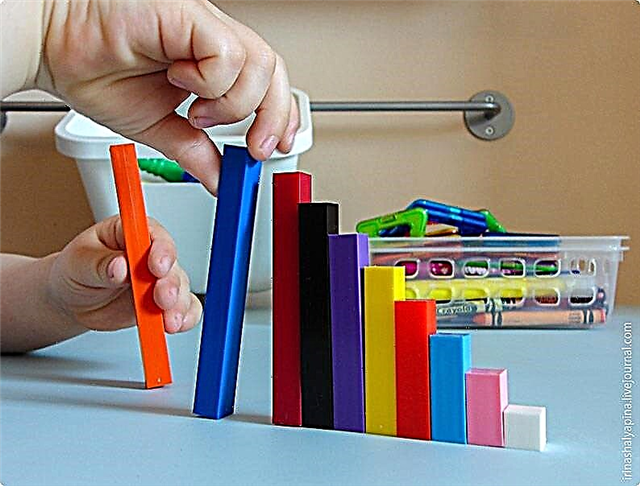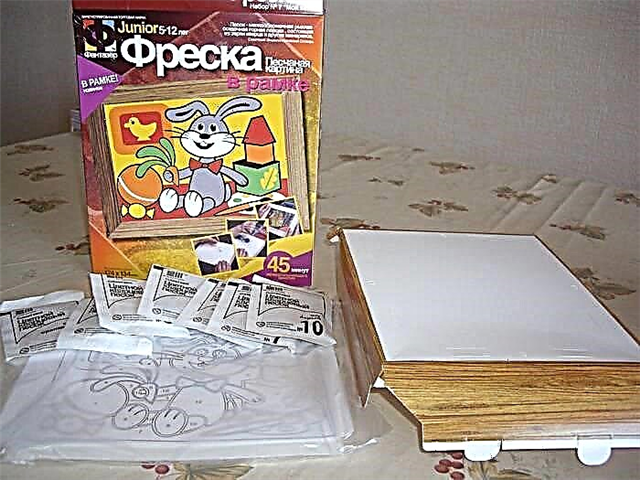
Every second person on Earth has had helminthiases at least once. And it is children who are more susceptible to infection with worms, they learn the world "by the tooth" and taste, often lick their hands, toys, and various objects. In children's groups (at school, kindergarten, in a suburban health camp), where children are in close contact with each other, helminthiasis sometimes generally becomes epidemic. Famous pediatrician and TV presenter Yevgeny Komarovsky tells parents how to recognize the disease and treat it correctly.

What it is
Worms (helminths) that parasitize the child's body are different. This single name combines the following types:
- Tapeworms - echinococcus, bovine tapeworm, pork tapeworm, etc.
- Fluke worms - hepatic fluke, cat fluke, trematodes, schistosoma, etc.
- Roundworms - pinworms, roundworms, hookworms, trichinella, etc.
Helminths have different transmission routes (from person to person, from animals to person, including through contaminated animal products, from the environment to humans), however, all paths converge in the mouth, it is through it that all worms enter the body. Therefore, helminthiases are often called "the disease of dirty hands," although parasites can be found in water, on vegetables and fruits, and in meat.

Symptoms
After entering the body during the incubation period, the worms do not make themselves felt, the first signs of helminthiasis appear a little later. The child becomes lethargic, he has no appetite, or, conversely, the baby begins to eat more than usual, there may be pain in the abdomen, in the navel, rarely - nausea and diarrhea. Almost all children have headaches, babies become capricious, hysterical, sleep poorly at night, dark circles form under the eyes.
Patients experience weight loss, pallor of the skin. There may be a nightly grinding of teeth in a dream. The area of the anus is irritated, the child is constantly trying to scratch the ass, as he suffers from itching, which always intensifies towards the night.
Komarovsky about worms
Worms themselves do not cause much harm, says Yevgeny Komarovsky, while he emphasizes that the consequences of a long stay in the body of parasites are dangerous. The child does not receive enough vitamins, nutrients from food, as a result, he may develop anemia, vitamin deficiency, delayed physical development, and severe allergies. In the most advanced cases, if you do not rush with treatment, parasites can infect the membranes of internal organs, causing severe ailments and internal bleeding.
The video release of Dr. Komarovsky's program about worms in children can be viewed below.
Worm diseases, according to Yevgeny Komarovsky, are some of them quite simple in diagnosing ailments, which any parent can see, no matter how far from medicine he is. It is quite easy to identify parasites by the presence of eggs on the child's underwear or on the pot, as well as in the feces.
The second way is to take the child to the clinic, where they will take an analysis of feces for worm eggs and a smear from the priests. There are also special tests that can identify some types of parasites by blood tests, but they are expensive and unprofitable to use in ordinary clinics.


The gnashing of teeth at night, which popular rumor has firmly recorded as almost the main symptom of infection with worms, Komarovsky considers not a very reliable sign, because quite often children with increased nervous excitability, hyperactive babies who do not have any parasites, grind their teeth in their sleep.
But if your child begins to give up his favorite delicacy, incomprehensible reddish spots begin to appear on his body, he now needs more time to sleep, all these are alarm bells, says Evgeny Olegovich, signals that, probably, infection with worms.

Treatment
Very often, parents turn to Komarovsky with a question about the effectiveness of treatment with folk remedies. The doctor does not object to the use of herbal recipes, but he emphasizes that the effectiveness of such "drugs" is much lower than that of traditional pharmaceutical preparations. He advises to resort to treatment with garlic and lemons only if the child has a severe allergy to medicines.

Traditional medicine can and frankly harm, says the doctor. After all, pumpkin seeds, which are recommended by healers, to achieve the desired effect, you need to eat about 350 grams at a time! And that amount is hardly within the power of even an adult. But even if a child is fed with pumpkin seeds in such quantities, it can cause serious problems on the part of digestion, some of these "complications" from alternative treatment may then require surgical intervention.

He warns against self-medication, because parasites are different, they are deployed in different parts of the intestine, and they need to be treated in different ways. Pinworm drugs are not always able to help with ascaris infection. It is impossible in principle to independently determine the type of parasite that has settled in the child's body, without laboratory studies. Therefore, the question of treatment should be decided by a specialist doctor.
The use of medicines that are used for animals is unacceptable for children. Although this is an obvious fact, one has to talk about it often, because some parents ask Komarovsky about such a probability, and some even try to practice such a "therapy".

Another "popular" recipe for treating parasites with sweetened cognac, in which Komarovsky is sometimes asked, is considered by the doctor to be the height of parental stupidity and irresponsibility. Alcohol cannot exterminate parasites, but it is quite capable of killing a child, even in a small dose.

Komarovsky calls the optimal treatment, which is prescribed by a doctor after a thorough laboratory examination of the patient's feces and blood. Traditional methods can supplement it, with the permission of the doctor, but they cannot replace it.
Komarovsky offers the following treatment regimen:
- First, the child is given anthelmintic pharmaceuticals.
- Then, with the help of enterosorbents, they cleanse the body and begin to give the child prebiotics and probiotics to restore healthy intestinal flora, which suffers when taking anti-worm drugs
- Last but not least, the child is prescribed vitamin and mineral complexes.
It is important to follow a special diet during treatment; more sour berries and fruits, onions and garlic should be added to the child's diet, since helminths cannot stand an acidic environment.

Doctor Komarovsky's advice
- Taking anthelmintic drugs (such as "Vermakar", "Levomizol" or "Pirantel") Komarovsky considers it quite acceptable without confirmation of the presence of worms. Although a large army of parasitologists and pediatricians are categorically opposed to giving medicines for a "rainy day" so that infection does not occur. Most parasite-killing drugs are quite toxic, they say. To this Komarovsky clarifies that it is necessary to take it not for prevention, but only in cases where the clinical picture allows a high probability of infection with parasites.
In other words, if the child does not complain about anything, he does not have a stomach ache, there is no nausea and lethargy, he does not need to be given anything. If the symptoms are similar to a parasitic disease, then you can give a prophylactic dose (it is less than the therapeutic one), be sure to find time and get tested.
- Komarovsky advises to teach the elementary hygiene of the child from 1.5 - 2 years old, so that the baby knows for sure that washing his hands after walking and going to the toilet, before eating, is a mandatory and very important ritual.
- If the child has worms, the whole family should be treated. At the same time, the patient will take medications in therapeutic doses, and all other household members - in preventive doses. It is advisable to give appropriate veterinary medications to the four-legged pets living in the family.
- Treatment is best done in two courses. The second one should start 10 days after the first one to “consolidate the result”.
- After recovery, it is necessary to undergo an examination again in 3-4 weeks in order to exclude a relapse of the disease, which is not so uncommon in relation to helminths.
- To reduce the risk of infection with helminths, Komarovsky advises to always wash vegetables and fruits before eating, make sure that the child drinks only high-quality clean water, and while swimming in open reservoirs (in lakes and on the river), the toddler does not swallow water.



